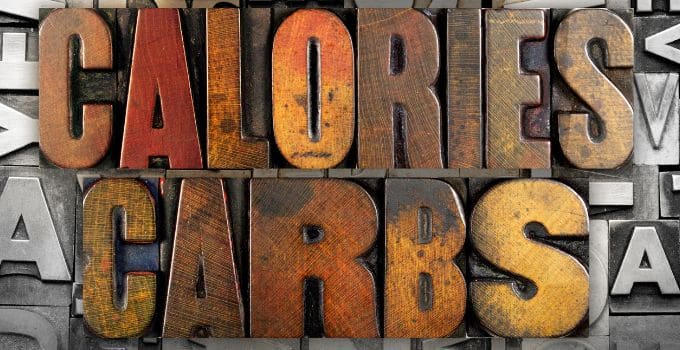Gluten is the protein found in grains. It is usually added to foods to bind ingredients together to create a chewy and stretchy consistency. It allows the dough to rise during baking. Some examples of foods containing gluten are wheat, barley, and rye.
However, people with Celiac Disease are prone to digestive comfort once they have consumed a portion of food with gluten. Due to this, gluten-free foods have increased in demand and are produced in the market aside from naturally gluten-free foods.
There are natural gluten-free foods such as meat, fish, fruits, vegetables, and rice which are safe to be consumed by a gluten-intolerant person. The problem is, are you willing to sacrifice pasta or bread forever?
Additionally, are there any other benefits of having gluten free pasta? Could they have fewer calories or carbs? We dive into the details.
Benefits of Consuming Gluten-Free Products
Gluten can be hard to avoid in everyday foods, but doing this diet offers many health benefits. Even though a gluten-free diet is required for those who have Celiac Disease, it has also become a diet for regular people who are not gluten intolerant.
Improve Nutrient Absorption
Since gluten can damage a gluten-sensitive person’s digestive system, most nutrients are not absorbed by the body, making them feel tired and suffer from fatigue. Consuming Gluten-free products gives their intestines time to heal, which will eventually help absorb nutrients that the body needs.
Reduce Bloating
Gas and bloating are some of the symptoms that could be avoided by switching to gluten-free products. It reduces digestive problems, which helps in flattening the tummy and eliminates bloating.
Decrease Inflammation
Aside from the digestive benefits, switching to a gluten-free diet can reduce joint pains. An abnormal immune system caused by gluten sensitivity increases inflammation risks. This diet prevents joint pains, especially on the knees and wrists. It also reduces hair loss, a symptom of Celiac Disease. By consuming gluten-free foods, hair density and texture will be improved.
Repair Gut Flora
Celiac disease is often linked with lactose intolerance. Gluten-sensitive persons have a damaged gut which defers lactase production. Consuming gluten-free foods will help repair the damaged gut, reducing or eliminating lactose intolerance.
Skin Health
Improved skin health is also one of the benefits of gluten-free food. Since people with Celiac disease have a higher risk of having rashes and skin diseases, following this diet will help eliminate skin problems.
Gluten-free pasta is also low in sugar, which is healthy for everyone!
Does Gluten Affect Macro-composition?

Switching to a gluten-free diet does not mean you will be cutting off carbs or consuming fewer calories. Remember, gluten is a protein which means gluten-free foods still have carbohydrates.
Having said that, gluten may contribute to weight gain in visceral fat tissue.
The level of protein found in pasta depends on the ingredients used to make them. For gluten-free pasta, its nutrients depend on what grains were used. This means that instead of using wheat flour, you will make pasta with corn or rice flour for example.
If you want to get a little more creative, using grains such as quinoa and amaranth offers more protein than regular starch.
In summary, if you are on a weight-loss diet, switching between gluten-free pasta and regular pasta will probably not make an impact.
Which One to Consume: Regular Pasta or Gluten-Free Pasta?

One of the most distinguished differences between whole wheat pasta and gluten-free pasta is the texture and cooking time. If you are gluten sensitive, it is required to consume only gluten-free foods. But if you are not, consuming regular pasta will satisfy your pasta cravings. Both kinds are healthy. The only difference is the ingredient used.
Carbohydrate contents of gluten-free pasta came from a different source, but the calories will be almost the same. Whole-grain pasta has high levels of fiber and minerals. However, gluten-free pasta has more benefits for someone with digestive issues.
In the end, the best option will depend on each individual needs. Many alternatives to eating for someone who has Celiac Disease are available on the market. Some may have changes in texture, way of cooking, and taste, but these are all healthy and may provide the needed nutrients for the body.
Final Thoughts
There is not a universal healthy diet since each individual is different.
If you are thinking of eating gluten-free food, focus on the digestive benefits, not on the calorie intake since it will basically be the same.
Keeping a food journal might be a good way to understand your body’s needs.
I’m really inspired with your writing abilities as smartly as with the format to your blog. Is this a paid topic or did you modify it your self? Either way stay up the nice high quality writing, it’s uncommon to see a nice blog like this one these days..